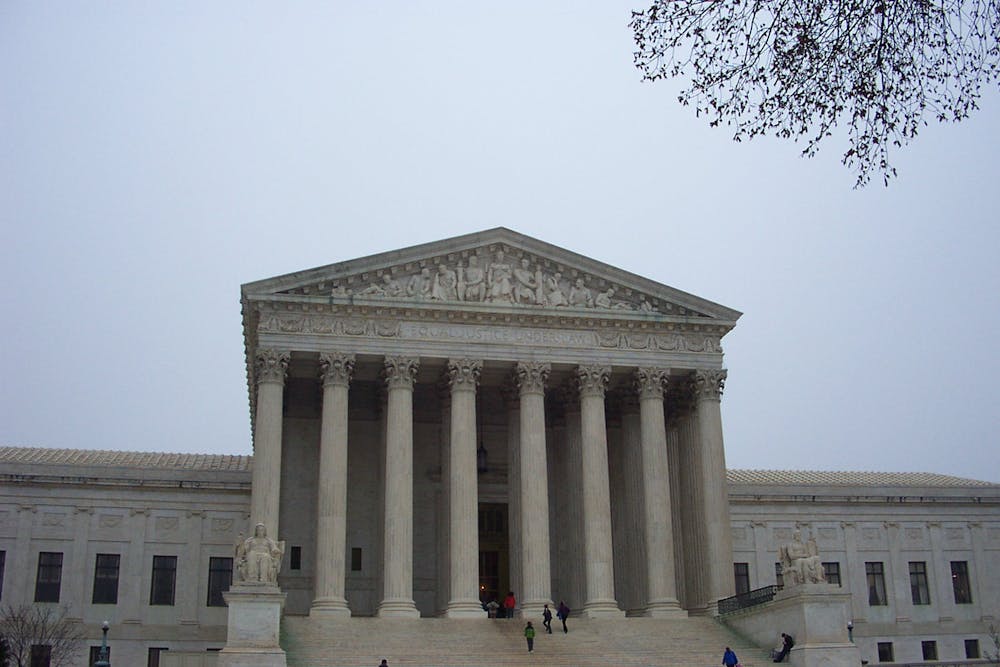By Amber Nodes
Staff Writer
The conservative-majority Supreme Court heard cases on Oct. 31 regarding college admissions using race as an admissions factor and conveyed skepticism on whether affirmative action is necessary and legal, according to USA Today. The outcome of these cases will have a broader impact on college admissions but could apply to the workplace as well.
The cases focused on the specific policies of Harvard College and the University of North Carolina which allow them to factor race into admissions, USA Today writes.
USA Today reported that some of the Court's conservative members repeatedly brought up that in 2003 a precedent was set in Grutter v. Bollinger that supported affirmative action, but clarified that these policies should be temporary. The conservative justices, including Chief Justice John Roberts, were concerned about whether the supporters of these policies would ever agree to end them. Chief Justice Roberts particularly stated that in the case of the particular argument laid out by Harvard, they would always need these policies because the argument signals a long-term need for these policies, unlike what was established as a temporary need for race-conscious admissions in Grutter v. Bollinger.
Seth P. Waxman representing Harvard said in his opening argument that “student body diversity makes our businesses more innovative and globally competitive, our scientists more creative, our medical professionals more effective, and our military more cohesive.”
The petitioner, Students for Fair Admissions (SFFA), argues that Harvard’s and the University of North Carolina (UNC)’s race-conscious policies violate the 1964 Civil Rights Act as well as the 14th Amendment, reported by CNN. Lower courts, however, sided with the schools and said that their use of race-conscious admissions was appropriate. Originally, the cases against UNC and Harvard were joint cases. However, they were separated so that Justice Ketanji Brown Jackson could recuse herself from the case involving Harvard, as she has a conflict of interest.
CNN reports that at least nine states, among those large states like California, Florida and more, already have bans on race-conscious admissions.
“This Court should admit that it was wrong about Harvard, wrong about Grutter and wrong about letting the poison of racial classifications seep back into education,” said Cameron T. Norris, who argued for SFFA.
According to the transcript, the petitioner argued that the core assumptions in Grutter v. Bollinger were untrue because race-conscious admissions have harmed Asian applicants. Additionally, the petitioner argued applicants are not being treated as individuals and that universities and colleges have not considered race-neutral options.
“Harvard now refuses to eliminate its legacy preferences or boost its socioeconomic preferences, even though both changes would make Harvard far less white, wealthy and privileged,” said Norris.
NBC reports that a decision is due by June 2023.
The Hill reports that many companies, like Google, Apple and Adobe filed an amicus brief, a statement offering insight from a group or organization for a court’s consideration, in support of race-conscious admissions because it helps business.
They argued in the brief that, “Diverse workforces improve [the companies]’s business performance—and thus strengthen the American and global economies,” and that, “[The companies] seek employees who have been educated at universities with exposure to a broad array of life experiences and viewpoints, and who can bring diverse perspectives and experiences to the workplace.”







